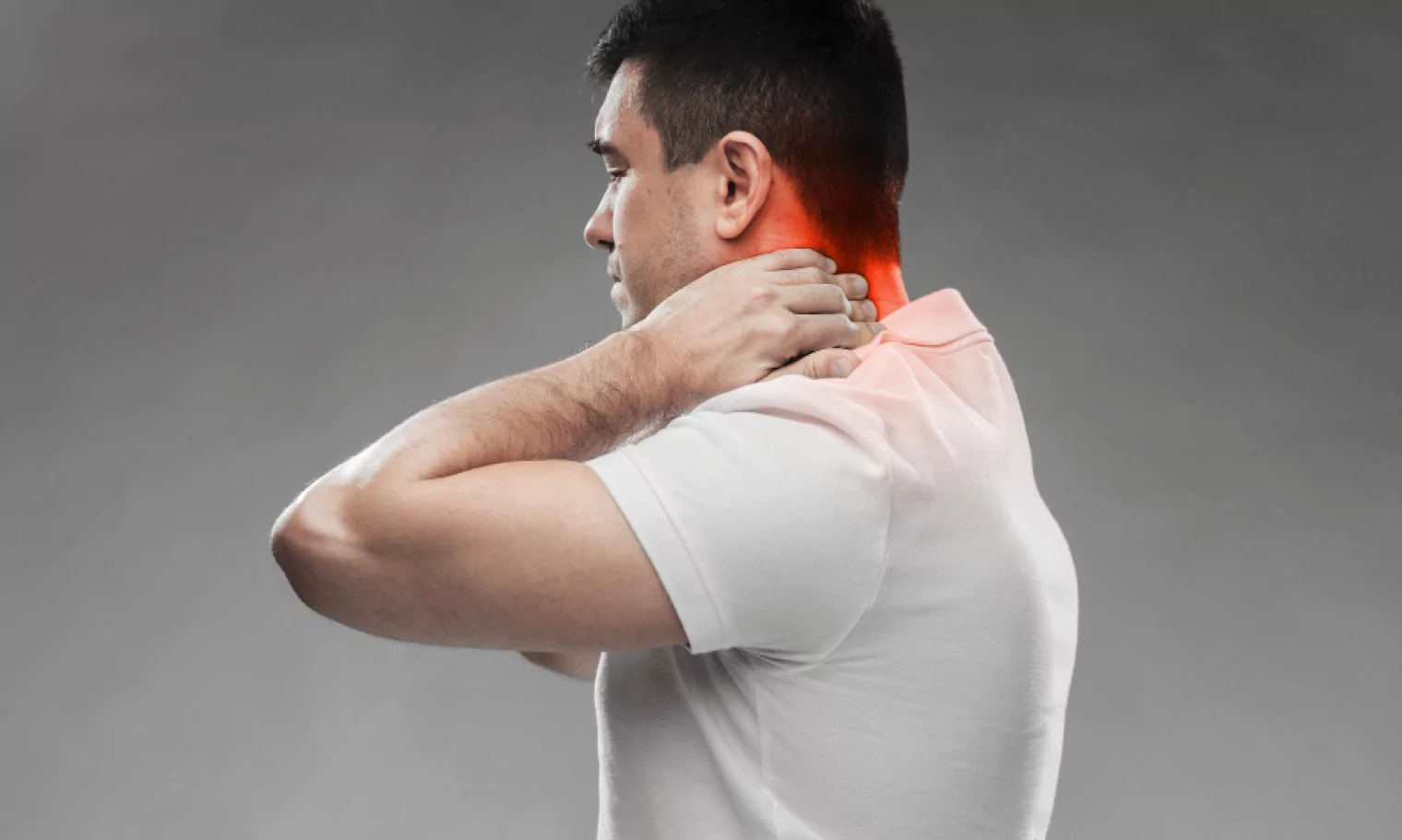Hangovers and Body Pain: What You Need to Know
When drinking heavily and partying, people often feel on top of the world. But the next day, the effects of alcohol hit, and the dreaded hangover begins. Along with headaches, nausea, and fatigue, many also experience hangover body aches. But is hangover pain real, or are those aches just the result of other factors?
Can Hangovers Cause Body Aches?
Yes, hangovers can include muscle and joint pain. Back pain, sore legs, or even aching hands can all appear after a night of drinking. Sometimes, these aches are a direct result of alcohol’s effects, while in other cases they come from risky behaviors, injuries, or awkward sleep positions while drunk.
For example, hangover joint pain can show up in the knees, shoulders, or hands. Eye pain often accompanies the classic hangover headache. Any ache that appears the morning after drinking could be part of the hangover experience.
Why Do Hangovers Cause Body Pain?
A hangover isn’t one single condition but rather a collection of symptoms triggered by alcohol. Different people experience them differently, but several common causes can explain the aches and pains:
- General Muscle Strain
Alcohol lowers inhibitions. People often dance, run, or overexert themselves without realizing it. The next day, sore muscles—similar to post-workout pain—may appear. - Sleeping in Bad Positions
Passing out or crashing on a couch often means poor sleep posture. Neck or back pain the next day is frequently linked to this. - Injuries While Drunk
Alcohol impairs coordination, making accidents and injuries more likely. Because alcohol dulls pain, injuries may only become noticeable the next day. Sometimes, what feels like “hangover pain” could actually be a hidden injury. - Delayed Muscle Recovery
Studies show alcohol can slow muscle recovery and make it harder for the body to clear lactic acid. Anyone who exercised before or during drinking may notice longer-lasting soreness. - Dehydration
Alcohol dehydrates the body, leading to joint stiffness, muscle cramps, and even sinus or eye pain. Vomiting, diarrhea, and alcohol-induced sweating make dehydration worse. - Toxins in the Bloodstream
Alcohol itself is a toxin, and heavy drinking triggers the release of additional toxins in the body. These can cause muscle and organ pain, and in extreme cases, organ failure. - Organ Pain
The liver, kidneys, and even the heart can ache after heavy drinking. Sometimes this pain radiates, making it hard to distinguish from muscle aches. - Vasoconstriction
Alcohol expands blood vessels, and when it wears off, they constrict quickly. This “rebound effect” is what causes severe headaches, facial pain, or even tooth pain during a hangover.
Coping With Hangover Body Aches
There’s no magic cure for hangovers. Hydration, food, and rest remain the best remedies. For pain relief, non-steroidal anti-inflammatories like aspirin or ibuprofen are safest. Avoid acetaminophen (Tylenol) since it stresses the liver, which is already processing alcohol.
The “Hair of the Dog” Myth
Some people drink more alcohol the next morning (“hair of the dog”) to dull hangover pain. While this may temporarily numb discomfort, it only delays symptoms and can make them worse once the alcohol wears off. It can also intensify nausea, shakes, or fever. Simply put: drinking more is never the answer.
When to Seek Emergency Help
Most hangovers are unpleasant but harmless. However, some symptoms may signal alcohol poisoning or a medical emergency. Seek help immediately if you experience:
- Chest pain
- Severe migraine unlike previous headaches
- Extreme dehydration not relieved by fluids
- Rapid heartbeat or difficulty breathing
- Confusion or seizures
- Low body temperature or difficulty staying conscious
Final Thoughts
Occasional hangovers are bad enough, but frequent ones can indicate alcohol misuse. If drinking often leads to severe symptoms, it may be time to seek professional help. A hangover may pass, but alcohol abuse carries long-term health risks that require attention.
